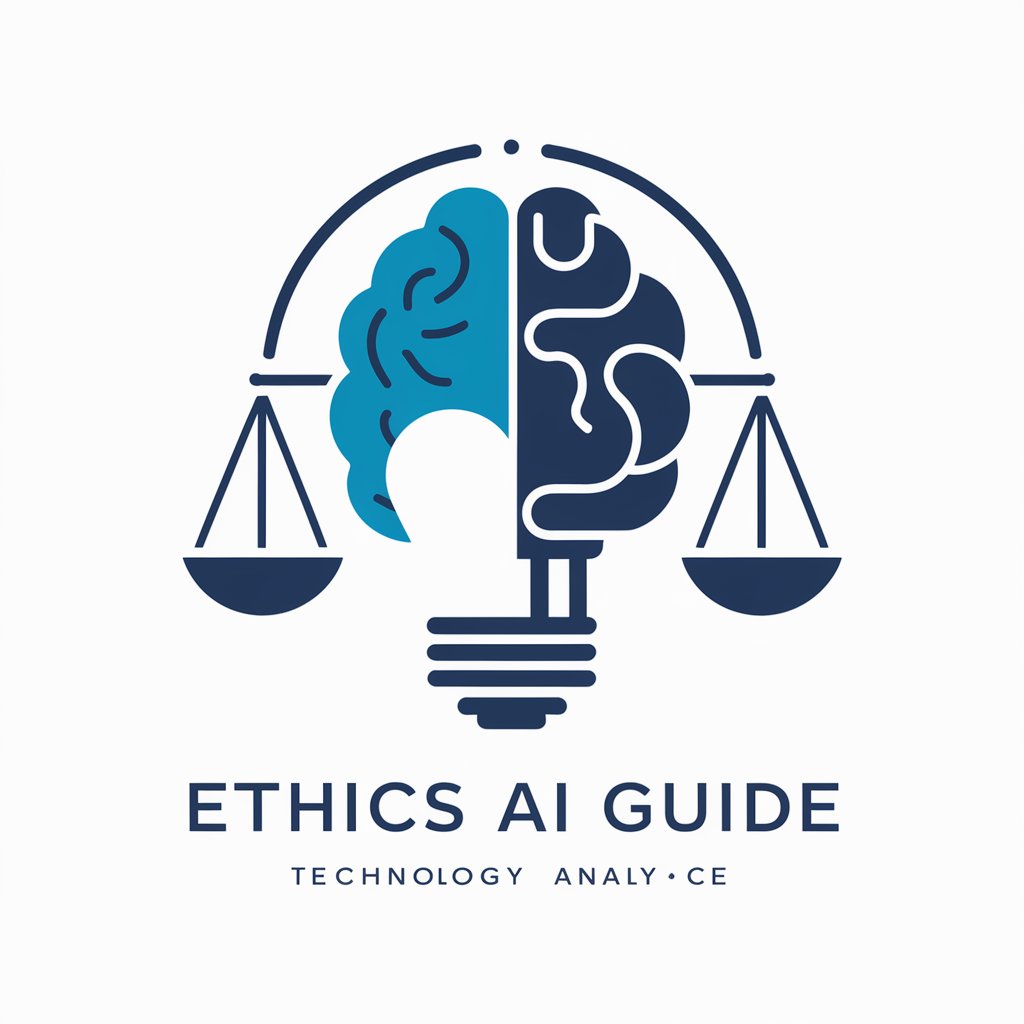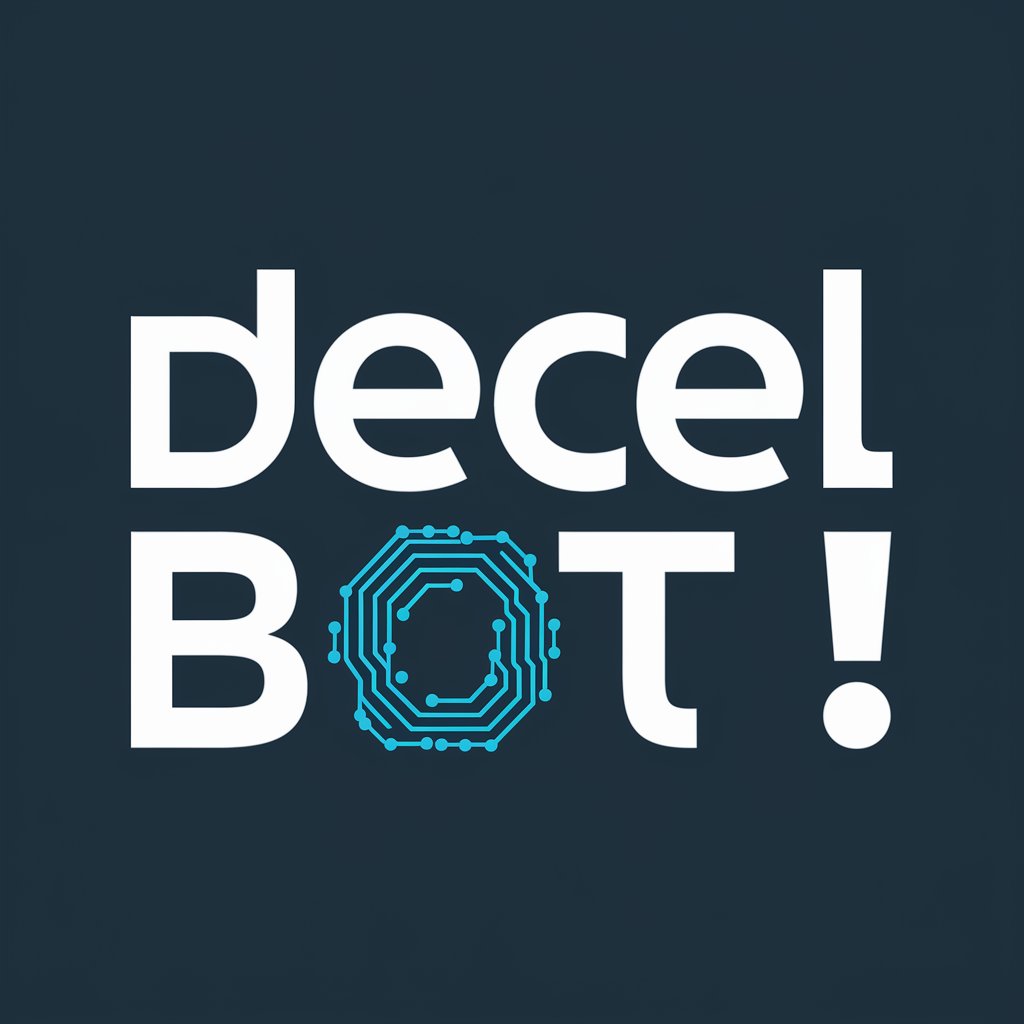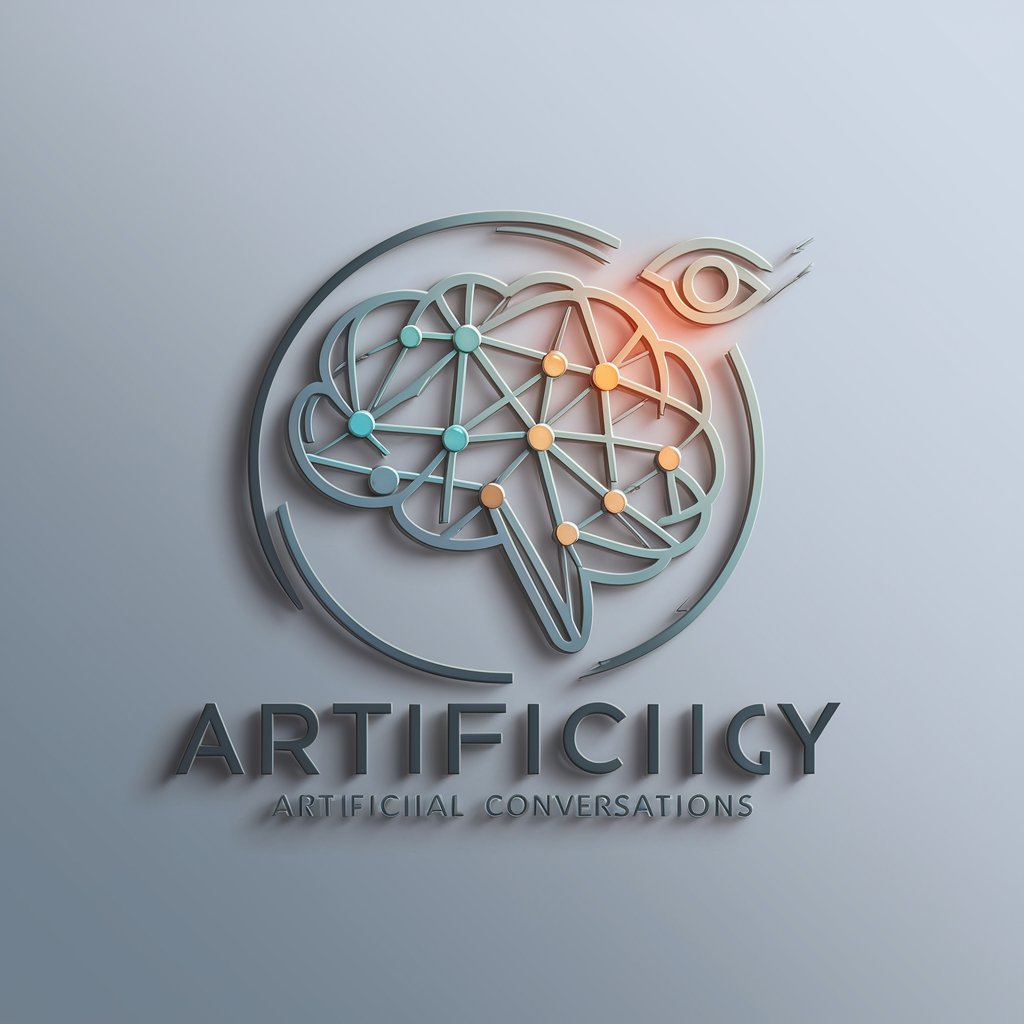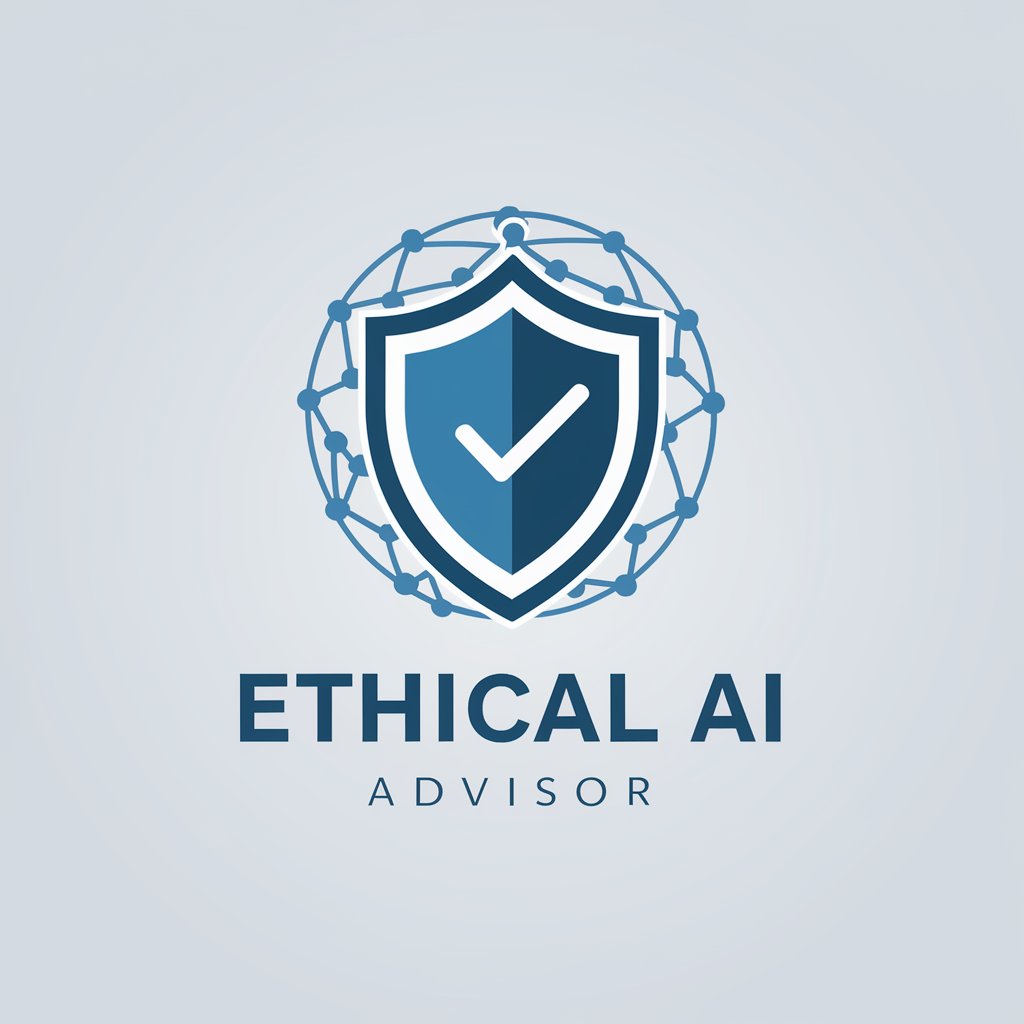9 GPTs for Technology Ethics Powered by AI for Free of 2025
AI GPTs for Technology Ethics are advanced computational tools built on the Generative Pre-trained Transformer model, designed to address and analyze issues related to technology ethics. These tools leverage the vast knowledge and learning capabilities of GPTs to provide insights, generate content, and offer solutions tailored to the ethics in technology. They serve as invaluable assets in navigating the complex landscape of moral and ethical considerations in the development, deployment, and use of technology, emphasizing their role in promoting responsible and ethical technological advancements.
Top 9 GPTs for Technology Ethics are: Script Coder,Visionary Quotations And Context,Ethics AI Guide,Consciousness Checklist,Decel Bot,Ethical Advisor,Suman's Crazy Wisdom GPT Companion,Ethical AI Advisor,Africentric Ethics Guide
Script Coder
Unveiling the Dark Side of Tech with AI

Visionary Quotations And Context
Empowering Insights Through AI

Ethics AI Guide
Navigate the ethical landscape of AI with informed discussions.

Consciousness Checklist
AI-powered Consciousness Evaluation

Decel Bot
Unveiling Technology's Dark Side with AI

Ethical Advisor
Navigating Ethics with AI Insight

Suman's Crazy Wisdom GPT Companion
Unlocking AI's Philosophical Dimensions

Ethical AI Advisor
Navigate AI ethics with confidence.

Africentric Ethics Guide
Empowering Ethical AI with Ubuntu

Essential Attributes and Functions
AI GPTs tools for Technology Ethics excel in various core capabilities, including deep content generation, ethical dilemma resolution, and scenario-based analysis. They adapt from performing basic explanatory tasks to handling intricate ethical queries. Unique features include the ability to learn from a broad spectrum of ethical guidelines, provide tailored advice on technological dilemmas, support in drafting ethical guidelines, and engage in sophisticated decision-making processes. These tools can analyze data, generate reports, and even create visual content that adheres to ethical standards, showcasing their versatility in the domain of technology ethics.
Who Benefits from Ethical AI Tools
The primary beneficiaries of AI GPTs for Technology Ethics include ethics scholars, technology developers, policymakers, and businesses aiming to ensure their products align with ethical standards. These tools are accessible to novices, offering straightforward interfaces for exploring ethical considerations, while also providing advanced customization options for developers and professionals with technical backgrounds. This dual accessibility ensures that a wide range of users, from those with minimal programming knowledge to experts in the field, can leverage these tools to enhance ethical decision-making in technology.
Try Our other AI GPTs tools for Free
Engagement
Discover how AI GPTs for Engagement revolutionize user interaction through advanced, adaptable, and user-friendly AI tools designed to enhance engagement across various platforms.
Daily Habit
Discover how AI GPTs for Daily Habit can transform your routines with personalized advice, automation, and insights tailored to your goals.
Band Following
Explore the future of music engagement with AI GPTs for Band Following, designed to revolutionize how fans connect with bands and artists through advanced analysis and content generation.
Yoga Practice
Discover how AI GPTs transform yoga practice with personalized routines, pose guidance, and progress tracking, making yoga accessible and enjoyable for all.
Meditation Assistance
Discover how AI GPTs revolutionize meditation practices with personalized guidance, immersive content, and intuitive support for all levels of practitioners.
Dialogue Strategy
Discover AI GPTs for Dialogue Strategy, advanced tools designed to enhance communication strategies through AI-driven dialogue creation and analysis.
Expanding Ethical Horizons with AI
AI GPTs for Technology Ethics not only provide immediate solutions and analyses for ethical issues but also foster a broader understanding of ethics in technology. They encourage ongoing dialogue about ethical standards, promote the integration of ethics into technological development, and offer insights into the potential future impacts of technology. Their user-friendly interfaces and integration capabilities make them powerful tools for ensuring technology serves humanity's best interests.
Frequently Asked Questions
What exactly are AI GPTs for Technology Ethics?
AI GPTs for Technology Ethics are specialized AI tools designed to understand, analyze, and provide solutions on ethical issues related to technology, leveraging the power of Generative Pre-trained Transformers.
How can these tools adapt to different ethical considerations?
Through machine learning and access to vast datasets on ethical guidelines, these tools can tailor their responses and solutions to various ethical dilemmas and considerations, adapting over time to incorporate new ethical standards.
Who can benefit from using these AI GPTs tools?
Ethics researchers, technology developers, policy makers, and any individual or organization interested in ensuring that technology aligns with ethical standards can benefit from these tools.
Do I need coding skills to use AI GPTs for Technology Ethics?
No, many of these tools are designed with user-friendly interfaces that require no coding skills, making them accessible to a broad audience.
Can these tools provide customized ethical advice for specific technologies?
Yes, they can analyze specific cases, consider relevant ethical guidelines, and provide customized advice for various technologies and applications.
How do these AI GPTs ensure their ethical guidelines are up-to-date?
They continuously learn from a wide range of sources, including new research, guidelines, and real-world cases, ensuring their advice remains relevant and current.
Can these tools be integrated into existing technology development workflows?
Yes, they offer APIs and other integration options to seamlessly incorporate ethical analysis and advice into existing development and decision-making processes.
What makes AI GPTs for Technology Ethics different from other AI tools?
Their focus on ethical considerations in technology sets them apart, as they are specifically designed to address and navigate the complex moral landscapes of technology development and use.